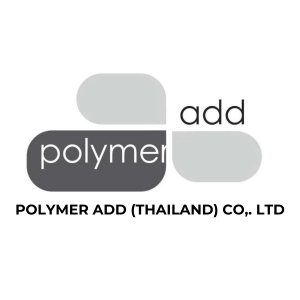Neopentyl glycol dibenzoate (NPGDB) can be used as a plasticizer and processing aid in high gloss polyethylene terephthalate (PET) reinforced resin compositions. Here’s how it can contribute to such formulations:
Plasticization
PET is a rigid and crystalline polymer, which can sometimes result in processing challenges, especially when trying to achieve high gloss finishes. NPGDB can act as a plasticizer, enhancing the flexibility and flow properties of the PET resin. This makes it easier to process and mold the resin into desired shapes while maintaining or even improving its glossiness.
Enhanced Gloss
NPGDB can help improve the glossiness of PET-based materials. By improving the resin’s flow characteristics and reducing surface imperfections during processing, NPGDB can contribute to the development of smooth, glossy surfaces in the final product.
Compatibility
NPGDB is compatible with PET resin, allowing for homogeneous blending without compromising the mechanical or thermal properties of the composite material. This compatibility ensures uniform distribution of NPGDB throughout the resin matrix, leading to consistent glossiness and performance across the finished product.
Reduced Molding Defects
The addition of NPGDB can help minimize molding defects such as flow lines, surface waviness, or sink marks, which can detract from the appearance of high gloss PET-based materials. By improving flow and reducing viscosity, NPGDB can facilitate the filling of complex molds and promote the formation of smooth, defect-free surfaces.
Thermal Stability
NPGDB typically exhibits good thermal stability, which is crucial for processing PET resin at elevated temperatures during molding or extrusion processes. Its presence can help maintain the integrity of the resin composition and prevent degradation or discoloration, preserving the high gloss finish of the final product.
